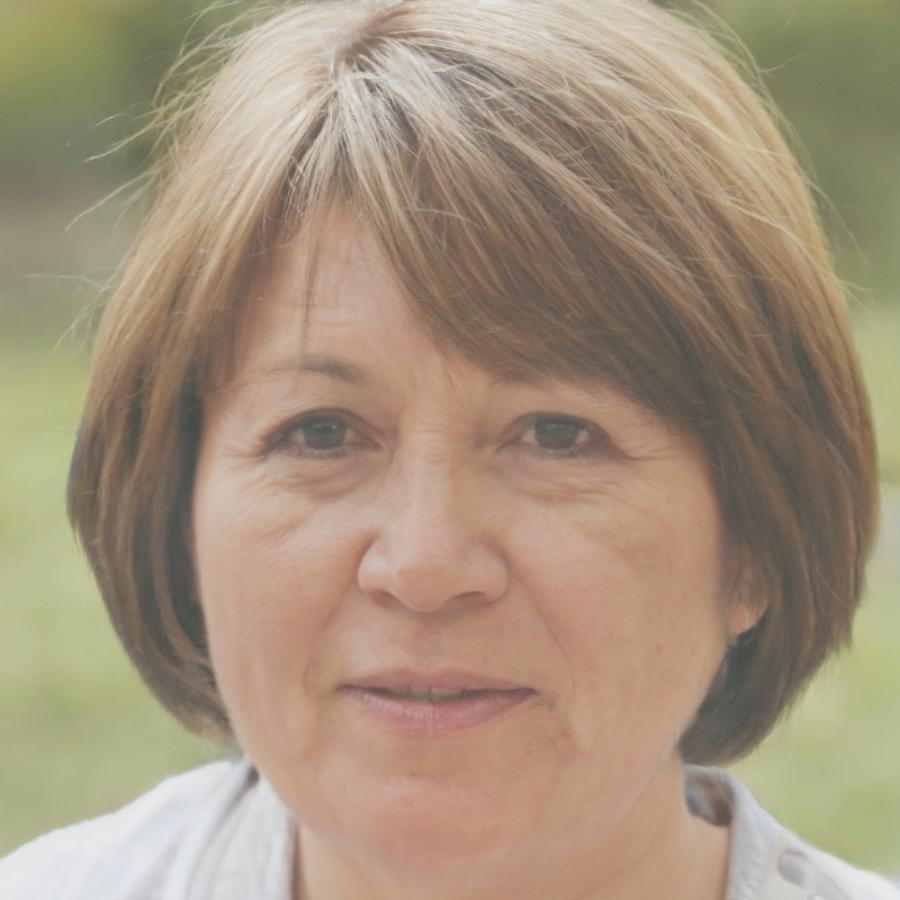
Getting Started Questions
Most people ask us where to begin. It's actually simpler than the financial industry makes it sound. You don't need thousands to start learning about investments, and you definitely don't need to understand complex derivatives.
What you do need is clarity about your own goals. Are you saving for a house deposit in three years? Building retirement funds over decades? Each timeline changes what makes sense. We help people understand these basics before they make any decisions.

Understanding Risk
This comes up in almost every conversation. People hear "higher returns mean higher risk" but don't really know what that means for their money. Risk isn't just about losing value during market dips.
It's also about inflation eating away at savings in a regular account. Or missing growth opportunities because everything sits in cash. We break down what risk actually looks like for different investment types, and more importantly, how it relates to your personal situation and timeline.

Common Concerns
A lot of questions come from confusion about fees, tax implications, and when to actually access your money. These aren't exciting topics, but they matter significantly to your actual returns.
We also hear concerns about market timing and whether it's "too late" to start. Spoiler: it's rarely about timing the market perfectly. It's about understanding your options and making informed choices based on your circumstances rather than headlines.
Our Education Team
These are the people behind our investment awareness programs. They've worked in finance, taught countless workshops, and genuinely care about helping people understand their options.

Elowen Blackwell
Investment Education Specialist
Spent twelve years in portfolio management before switching to education. Elowen believes most investment advice overcomplicated things unnecessarily, which is why she focuses on making concepts actually understandable.

Saskia Lundgren
Financial Literacy Coordinator
Worked in financial planning for eight years before joining our team. Saskia specializes in helping people understand the Irish tax implications of different investment choices without putting them to sleep.

Vesna Knežević
Market Analysis Educator
Background in economic research and market analysis. Vesna translates complex market behaviour into practical insights that actually help people make better decisions about their money.
Still Have Questions?
We're here to help. Whether you're wondering if our programs are right for you, need clarification on investment concepts, or just want to chat about your situation, reach out. No obligation, no sales pressure.
Get In Touch